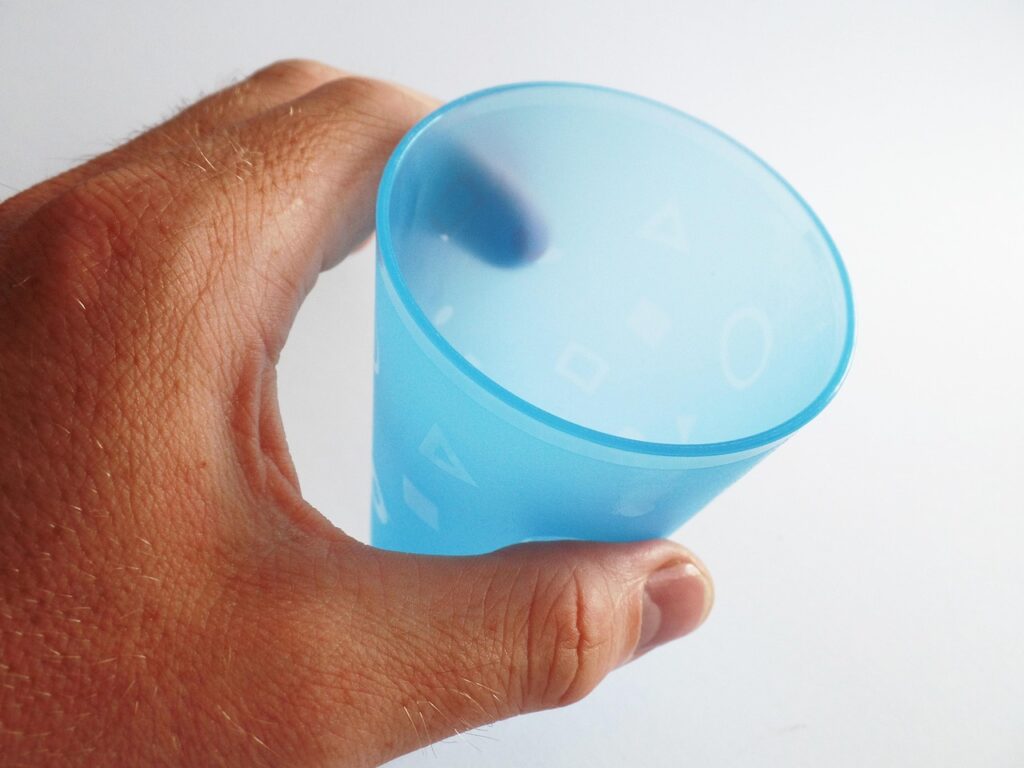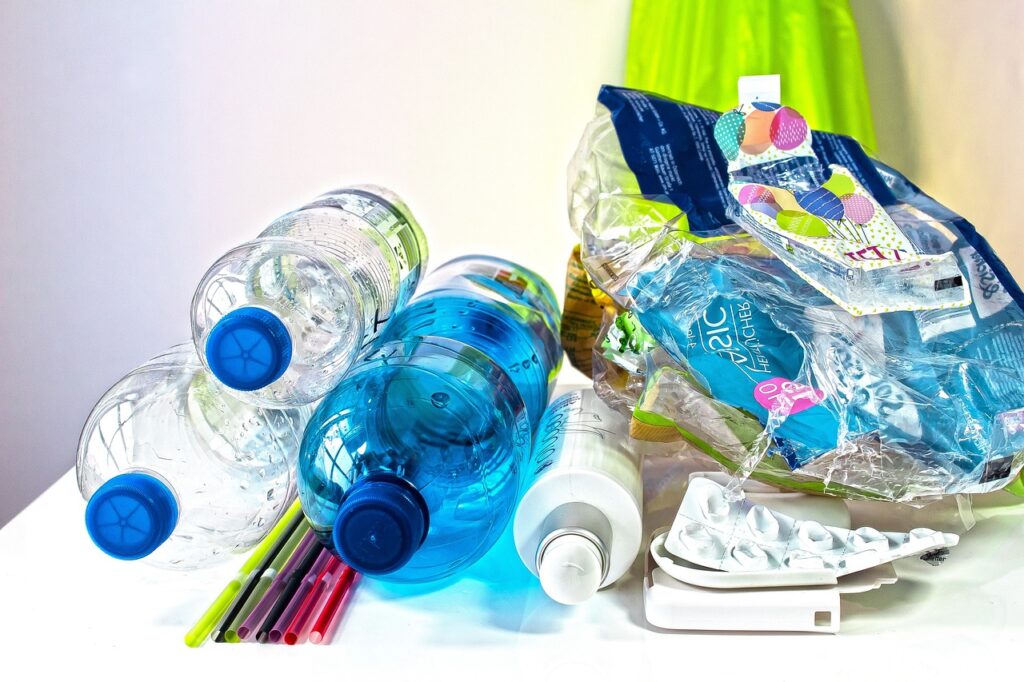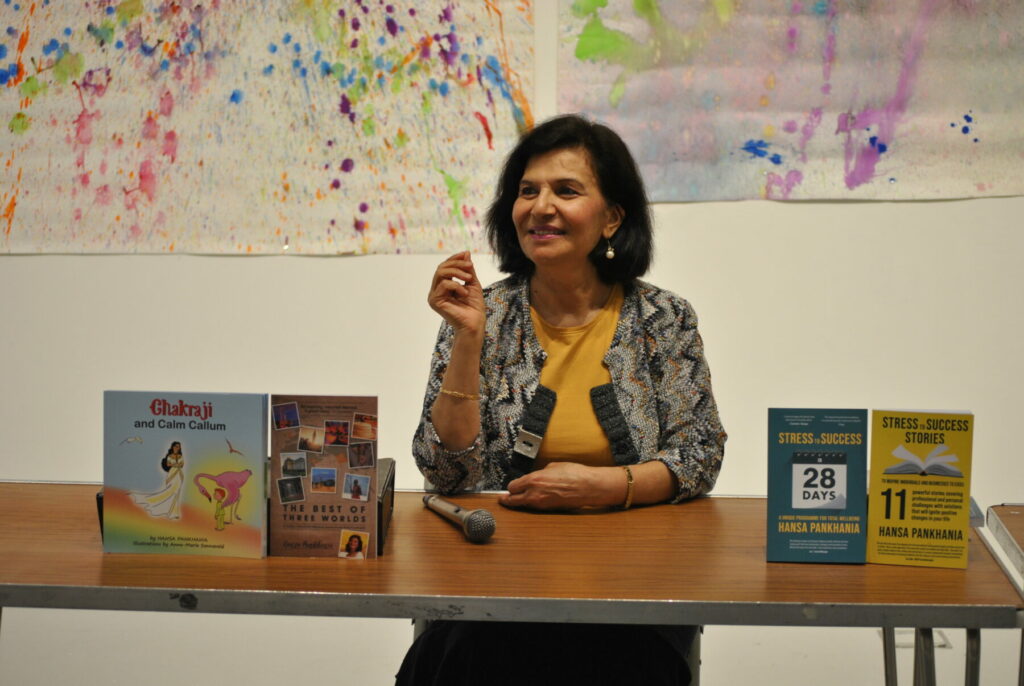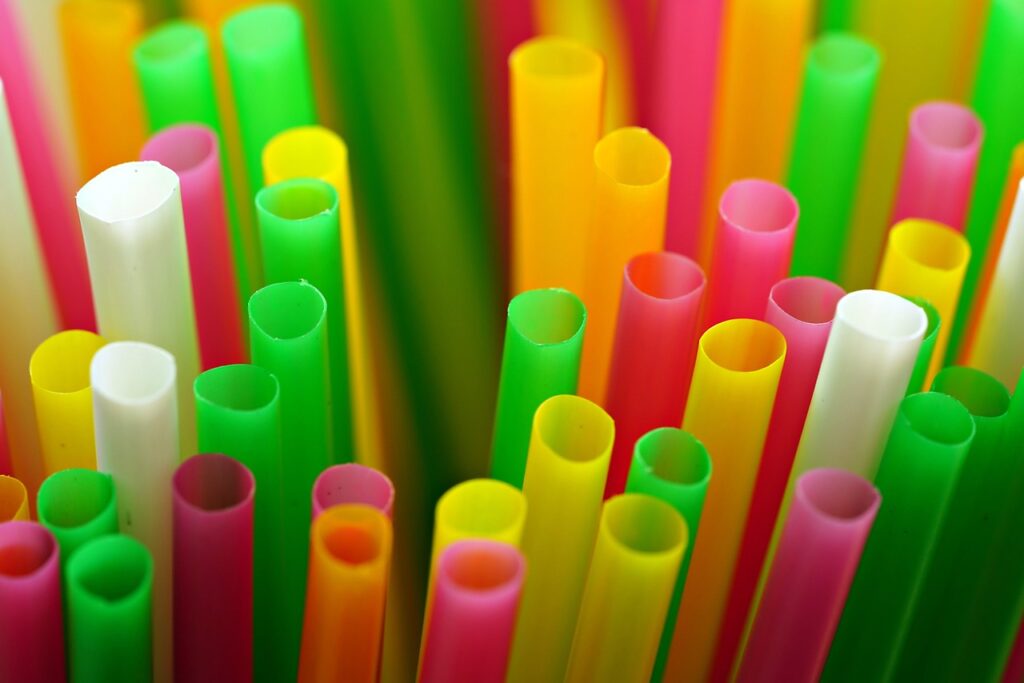How is plastic related to our wellbeing?
Plastic impacts our health and wellbeing more than ever, as we grapple with the pervasive issue of plastic pollution. The health effects of plastic are not merely an environmental concern; they directly impact our daily lives and the quality of our wellbeing.
The Hidden Dangers of Plastic in Everyday Life
Microplastics (tiny particles resulting from the breakdown of larger plastic items) have infiltrated our food, water, and even the air we breathe. These minuscule contaminants pose significant health risks that cannot be overlooked. Research has linked BPA exposure—a common chemical found in many plastics—to hormonal disruptions and various health issues. The hidden dangers of plastic in our everyday lives are more alarming than many of us realize.
Toxic chemicals in plastics can leach into the products we use daily, from food containers to personal care items. The connection between our environment and health is undeniable; as plastic pollution continues to escalate, so too does the potential for increased health risks associated with its use.
How Plastic Affects Mental and Physical Wellbeing
Plastic exposure poses significant risks to our holistic state of balance encompassing physical, mental, and emotional health.

Physical health – Research has shown that certain plastics can disrupt hormonal systems, leading to various health issues such as reproductive problems, developmental delays in children, and increased risk of chronic diseases.
Mental Health – The impact of plastic on our environment extends far beyond the visible litter in our streets and oceans; it significantly affects our mental health. As we become increasingly aware of the overwhelming presence of plastic waste, many individuals experience heightened stress related to pollution. This phenomenon, often referred to as pollution anxiety, manifests as a constant worry about the state of our planet and its future. When we see the degradation around us caused by plastic pollution, it can lead to feelings of helplessness and despair.
It’s time we recognize that caring for our planet is intrinsically linked to caring for ourselves, both mentally and physically.
Alternatives to Plastic: Enhancing Your Wellbeing Through Sustainable Choices
By embracing sustainable living options, we can significantly reduce our plastic use while enhancing our overall quality of life. In our quest for a healthier planet and personal wellbeing, exploring alternatives to plastic is not just a trend; it’s a necessity.
The shift towards biodegradable materials is one of the most impactful choices we can make. These materials break down naturally, minimizing environmental harm and leaving behind no toxic residue.
Choosing eco-friendly products over conventional plastic items means investing in your health as well. By opting for sustainable alternatives—such as glass containers, bamboo utensils, or compostable packaging—you are not only protecting yourself but also contributing to a cleaner environment.
The benefits of reducing plastic use extend beyond individual health; they ripple out into the community and the ecosystem at large. Every small change counts — whether it’s using reusable shopping bags or choosing products with minimal packaging. Together, these conscious decisions pave the way for a more sustainable future while enhancing your wellbeing today.
Community Action: How Collective Efforts to Reduce Plastic Can Improve Wellbeing
Imagine your town transforming into a cleaner, healthier place simply because residents united with a common goal: to reduce their reliance on plastics. When groups come together to tackle the issue of plastic, the results can be truly transformative. By engaging in community initiatives against plastic use, we can create a significant impact that transcends individual efforts. Local activism for environmental change is not just about addressing the symptoms of plastic waste; it’s about fostering a culture of sustainability that resonates throughout our neighborhoods.

Collective efforts in sustainability—such as organizing clean-up events, promoting reusable alternatives, and advocating for policy changes—can lead to tangible improvements in our local environments. These initiatives not only reduce plastic consumption but also foster a sense of community and shared responsibility among participants helping us overcome despair and helplessness.
Case Study
Sheila is a 35-year-old young woman. She has a high-pressure job as an executive and spends most of her time working. watching TV and scrolling her phone on social media. She told me she was feeling very stressed and anxious most of the time. I encouraged her to attend our sustainable project not only to help her physical and mental wellbeing but also for her to engage in community activities that would enable her to give back to society and the planet.
The first thing she started to do was to reduce her plastic use. Every day before her commute at the station she would buy a coffee and in her lunch time she would nip to her local sandwich shop. She stopped buying the coffee and lunch that came in plastic and paper wrapping and started to take her own food and beverages to work every day. On a Sunday, instead of slouching on her sofa exhausted after a hectic week at work she engaged in creative cooking. She batch-cooked lunches and dinners which previously were ready-made processed highly packaged oven food. She started to save some of the packaging from her shopping and reused this to pack her lunch and snacks. On average, she was throwing 15 items of plastic into the bin so over a year she saved approximately 700 items of plastic going into landfill or the ocean.
She saved approximately £ 150 to £200 a month as she was now not spending on buying food and beverages on her working day. By reusing packing, she also saved on buying storage bags.
After this, she got involved in the biodiversity group picking up litter and engaging in other nature activities. She started to enjoy time spent with like-minded people and made some good friends including a relationship with a young man who potentially could be a romantic partner. After a year, instead of feeling stressed and anxious she started to feel more energetic, happier and healthier because of the sense of fulfilment she achieved from making a difference and engaging with nature and the wider local community.
As you can see from Sheila’s story, making a start with some simple small steps towards reducing plastic in your life and engaging with other sustainable initiatives can reap huge benefits for individual and collective health as well as that of the planet.
Conclusion: Take Charge of Your Wellbeing by Rethinking Your Relationship with Plastic
The pervasive use of plastic affects not only our environment but also our health and community cohesion. By engaging in community initiatives against plastic use, you can be part of a larger movement that champions local activism for environmental change. These group efforts in sustainability are crucial in creating a healthier planet for future generations.
Imagine the impact we could have if everyone committed to reducing their plastic consumption! By participating in local clean-up events, advocating for policy changes, or supporting businesses that prioritize sustainable practices, we can collectively drive significant change.
It’s time to acknowledge these dangers and reconsider our choices when it comes to plastic consumption. By making informed decisions and seeking alternatives, we can protect not only our own health, but also that of future generations and the planet itself.
Reducing plastic pollution isn’t just an environmental imperative; it’s a vital step toward safeguarding our collective wellbeing.
Together, we have the potential to drive meaningful progress and enhance our collective wellbeing while protecting our planet for future generations
Make the switch now; your body and the planet will thank you!
About me
I feel blessed and fortunate in my life, so I have committed to serving and helping people make positive changes in their lives to help make this world a better place for everyone.
The work that I do, whether it is working 1-2-1 with a client or training a large corporate group or writing books and blogs, is geared towards making a difference and helping people to enjoy joyous, meaningful happy lives.
All of my books are available to buy HERE
Please share this blog with your friends and family, so that together we can spread the message of personal and planetary wellbeing which is the greatest gift that we can bestow to others.

www.hansapankhania.com
www.aumconsultancy.co.uk for Wellbeing Services.www.hansapankhania.com for self-help books.

